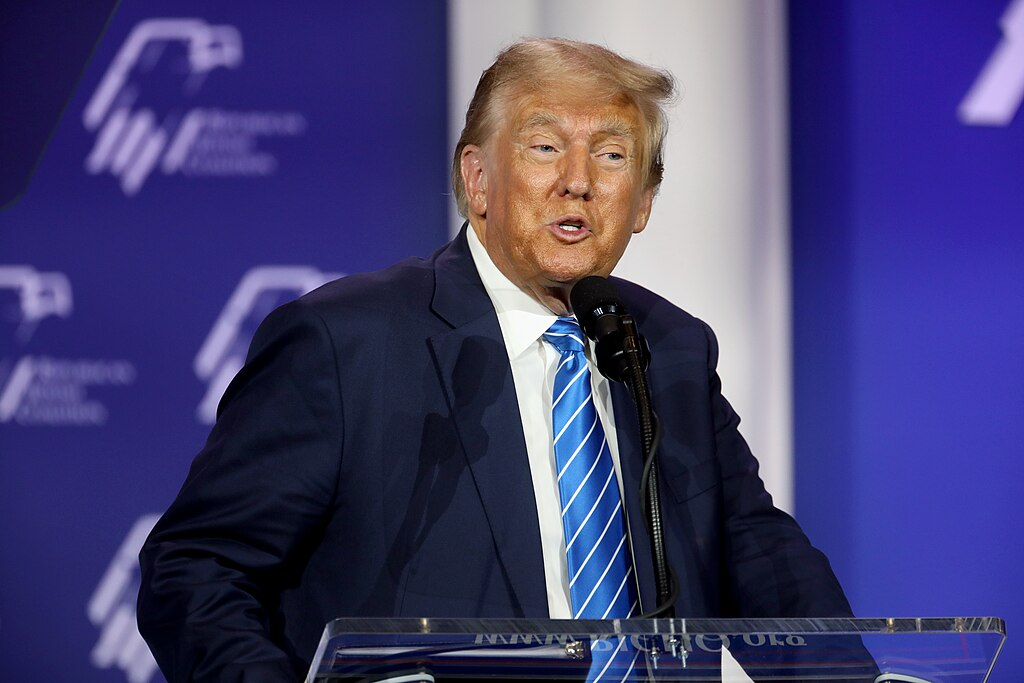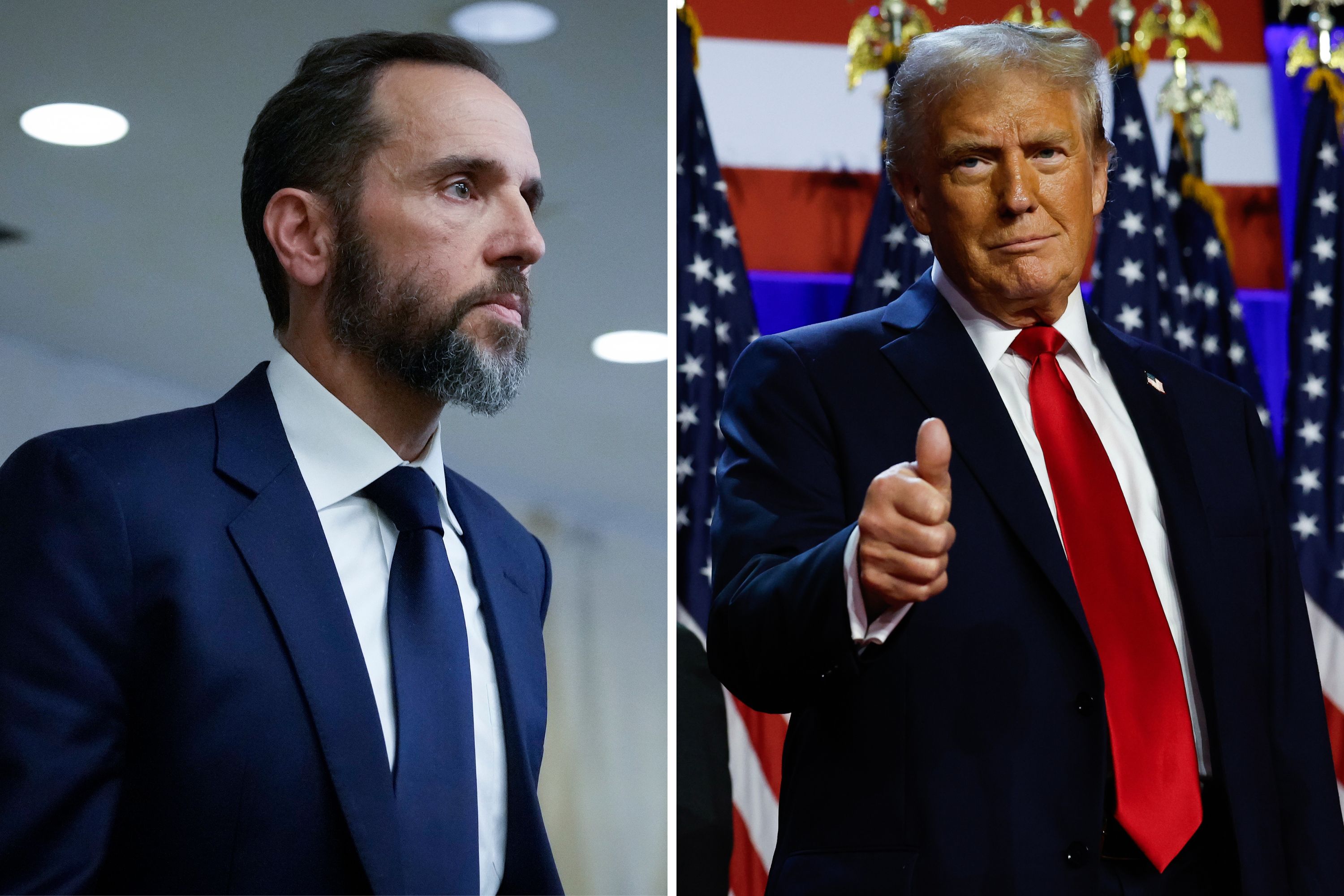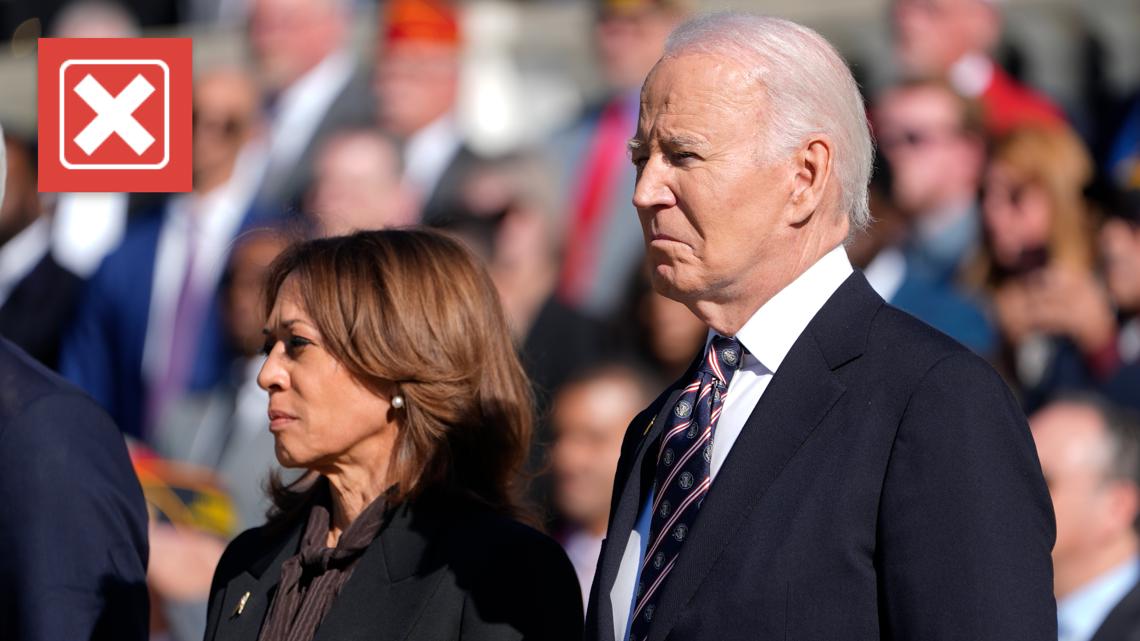As the 2024 presidential election draws nearer, an unexpected and defiant voice has emerged among the ranks of Donald Trump’s supporters—a convicted felon who staunchly defends his right to back the former president, regardless of societal expectations or legal constraints. This surprising show of loyalty sheds light on a broader movement of individuals who, despite their criminal pasts, are determined to exercise their political power and challenge the status quo.
This particular supporter, who openly acknowledges his felony conviction, also takes pride in his status as a business owner, a role that he emphasizes as a symbol of his independence and self-reliance. For him, backing Trump is not just a political choice but a statement of personal freedom and defiance against a system he perceives as having tried to limit his potential.
His outspoken support for Trump underscores a growing trend among certain voters who feel disillusioned with traditional political narratives and are drawn to Trump’s image as a rebel against the establishment. Despite the legal barriers that often accompany a felony conviction, including restrictions on voting rights in many states, this individual’s determination to support Trump highlights the complex and often contradictory nature of political identity in America today.
The case of this felon-turned-entrepreneur reflects a broader phenomenon where personal experience and economic independence drive political allegiance. His refusal to be dictated by societal norms or political expectations resonates with a segment of voters who see Trump as a figure who embodies their own struggles against perceived oppression and control.
Moreover, his perspective as a business owner adds another layer to his political stance. In his view, running a business represents the ultimate form of freedom, one that transcends his criminal record and places him on equal footing with any other voter. This sense of autonomy and control over his destiny makes Trump’s message particularly appealing, as it aligns with the narrative of self-made success and resistance to external authority.
The support of individuals like this felon presents a challenge to conventional political strategies, especially for those who may underestimate the influence of non-traditional voters. While the focus in past elections has often been on appealing to middle-class, law-abiding citizens, the emergence of a vocal, defiant minority who rally behind Trump complicates the electoral landscape.
This trend also raises important questions about the nature of political power and participation in the United States. As more individuals with criminal records seek to reassert their rights and influence the political process, the lines between legal status, economic success, and political engagement continue to blur. Trump’s ability to galvanize this group underscores the deep divisions and diverse motivations that characterize the American electorate.
As the campaign season progresses, it will be critical for all candidates to recognize and address the diverse constituencies that make up the voter base. The rise of supporters like this felon, who refuse to conform to traditional political expectations, signals a shift in the electorate that could have significant implications for the 2024 election and beyond.













